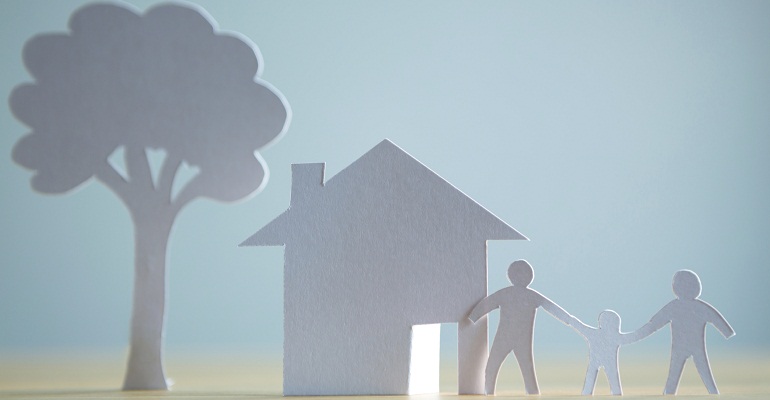I could hear the whine coming closer and closer, until I could stand it no longer.
“Gotcha!” I said in triumph. Another mosquito swatted to oblivion.
“Gotcha” is my typical response when I’ve squashed a bug, caught a ball just before it would have rolled under the sofa, or managed to reach a roll of toilet paper on the top shelf at the store. It’s a silly, slangy word.
As such, it’s the last word I’d think to use if someone asked me to describe my feelings on the day, in a tiny orphanage off a dirt road outside of Da Nang, when I saw my child for the first time.
I find the use of “gotcha” to describe the act of adoption both astonishing and offensive. Aside from being parent-centered (“C’mere, little orphan, I gotcha now!”) it smacks of acquiring a possession, not welcoming a new person into your life.
Yet many adoptive parents have elevated this casual word into shorthand for “The Day I Got You.” One year, one parent went even further:
Margaret Schwartz declared September 15, 2005, the first International Gotcha Day, a day to celebrate adoption.
This was bound to happen, as “gotcha” has become thoroughly entrenched in adoption-speak: There are “Journey to Gotcha” blogs, and “Happy Gotcha Day” cards, banners, keychains — even crowns — available for sale on the Internet. At last Google, there were 2,640,004 hits for “Gotcha Day.” Curious, I clicked on “Noah’s Gotcha Day.”
Noah is a cat.
It didn’t surprise me to find that adoptees have a slightly different feeling about all these gushing gotchas. Eight-year-old Becca Lampman, who was adopted from China, said, “It sounds weird to say that — call it ‘Adoption Day‘ instead.” Her 17-year-old sister, Elena, adopted from Romania, agreed: “I wouldn’t like hearing ‘Gotcha Day’ used in my family. To me, it sounds like someone snatched you away from your birth family, or almost like you are a prize that was won…it has a gloating, ha-ha tone to it.”
“We celebrate my Adoption Day, and I like that,” she added. “Being adopted is worth celebrating, and ‘Adoption Day’ is respectful sounding.”
Adult adoptee Hanna Sofia Jung Johansson pointedly asked, “What is being celebrated [on Gotcha Day]? Parenthood and the new family, I guess. But do adoptive parents acknowledge their child’s losses at the same time? ‘Gotcha’ for parents means ‘lost-ya’ for children who have been separated from familiar faces, smells, and surroundings.”
Another adult adoptee, Eun Mi Young, is equally blunt. “While endearing to adoptive parents, ‘Gotcha’ is downright disrespectful to adoptees,” she says. “What does this term imply? We use it when we grab someone who is running from us, or when we save someone from something, or when we’re playing a game. We shouldn’t use it for an event that recalls the loss of culture, country, and birth parents.”
I ran this concept past Margaret Schwartz, founder of International Gotcha Day, and she conceded that perhaps “Gotcha” wasn’t the best word. “I wanted to raise awareness with the general public about the joys of adoption,” she told me, “and I’m open to changing the name of the event.”
Why not simply call it “Adoption Day” or “Family Day,” or, if there are already kids at home, “Siblings Day”? Why commodify and demean adoptees — and ourselves — by using a silly, slangy term to describe the day we became complete families?
Save “gotcha” for mosquitoes.


